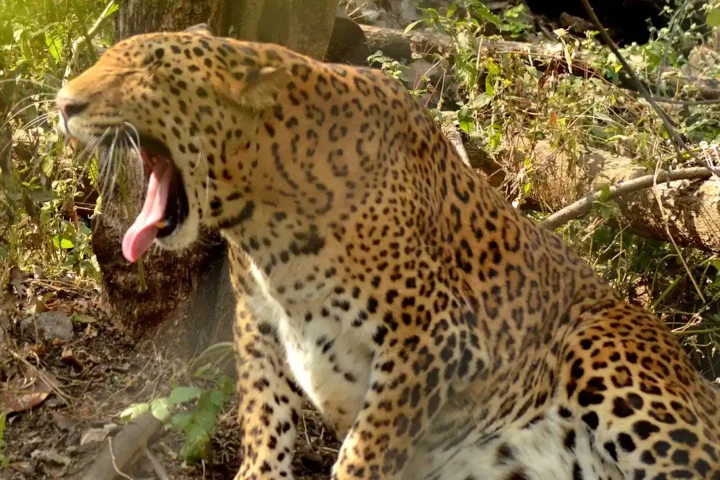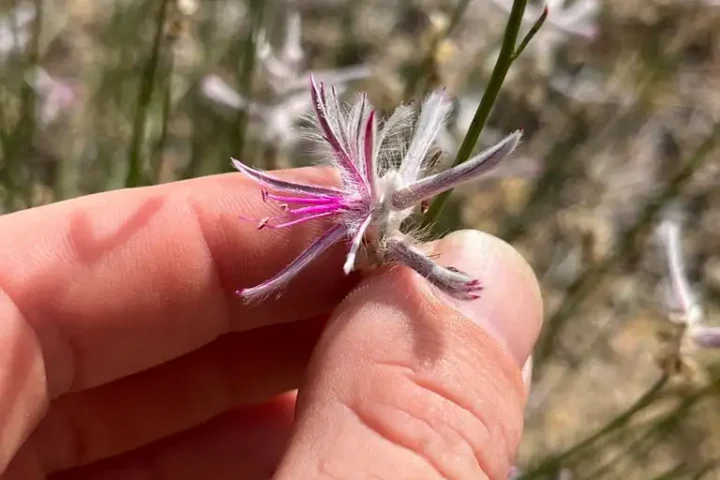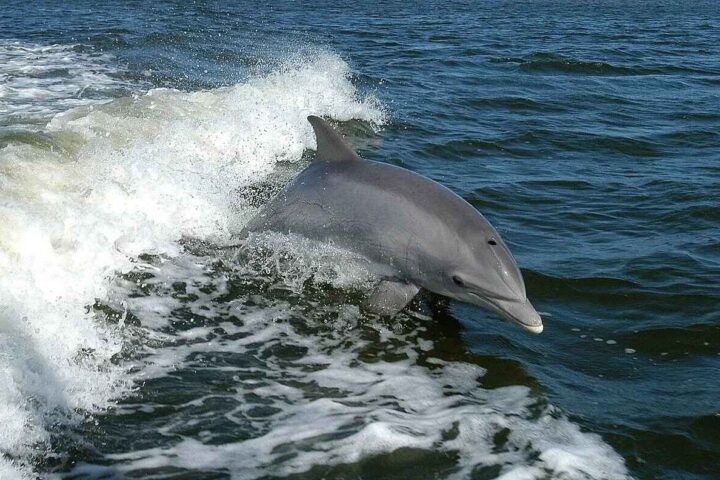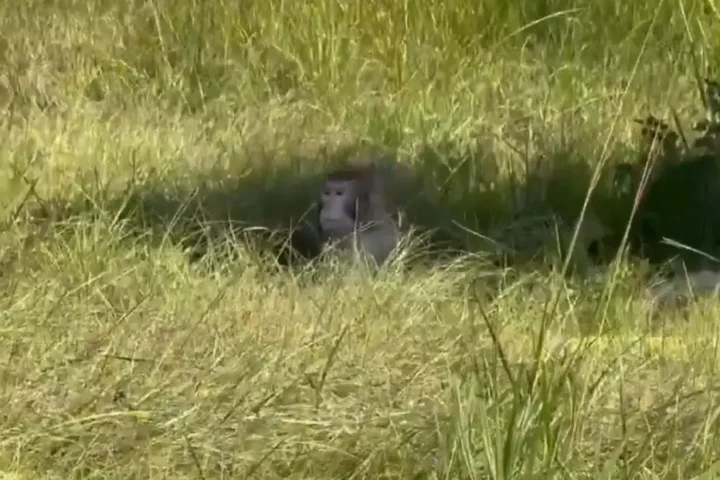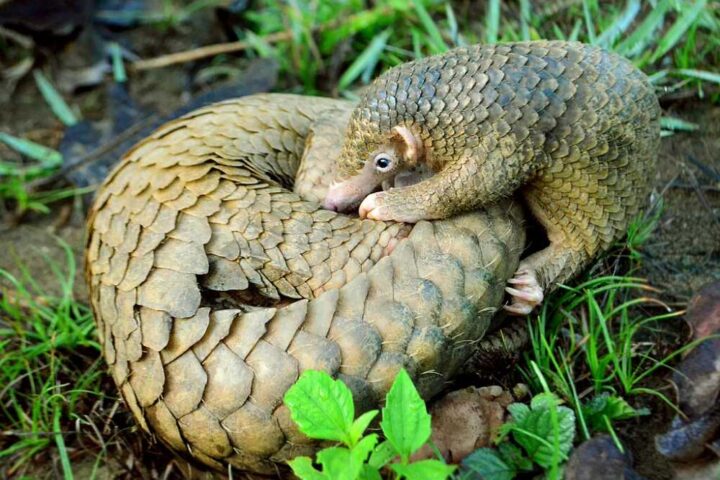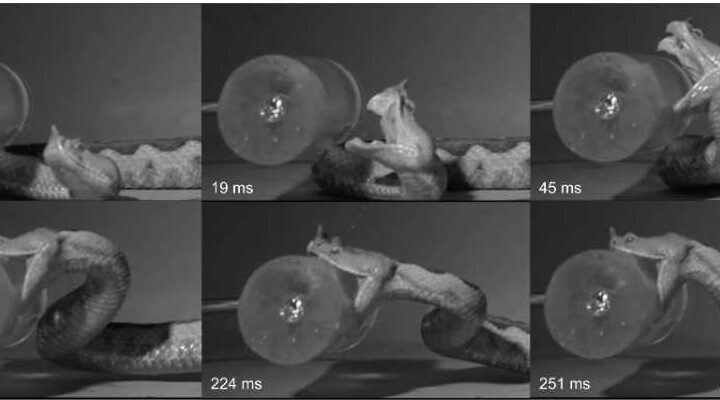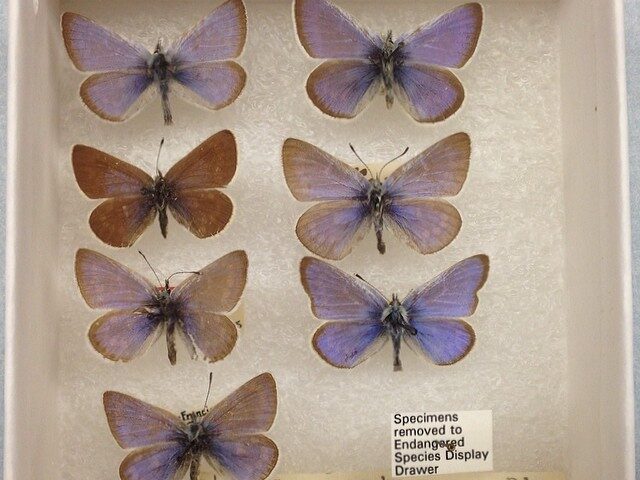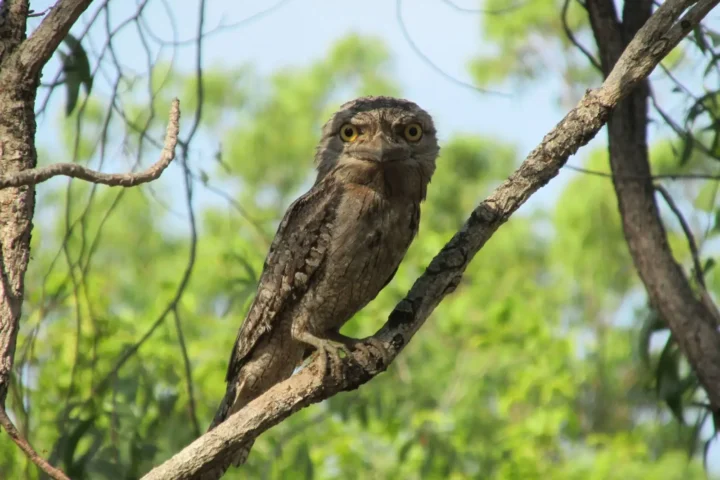Two 3.5-month-old Florida panther kittens were struck and killed by vehicles on Davis Boulevard in Naples on August 10, 2025, bringing this year’s death toll to 12 for the endangered species. The sisters, identified as UCFP489 and UCFP490, were found just a few hundred feet apart on opposite sides of the road near Naples Heritage Golf & Country Club and Madison Park entrance.
“It breaks my heart to learn that Florida has lost two more panthers, female kittens who should’ve been allowed to survive, have kittens of their own and expand our sole, struggling population,” said Jason Totoiu, an attorney for the Center for Biological Diversity.
Vehicle strikes remain the leading cause of death for Florida panthers. Of the 12 panther deaths recorded in 2025, all but one have been attributed to vehicle collisions. The single non-vehicle death was caused by “intraspecific aggression,” when one panther attacked another.
Collier County has emerged as the deadliest area for panthers this year, accounting for half of all vehicle-related deaths. The loss of two female kittens is especially concerning for the species’ recovery, as only about 32% of panther kittens survive to age one.
Similar Posts
“It’s devastating — losing any panther, especially kittens — and two female kittens — is just really tragic,” said Meredith Budd, president of the board of the Friends of Florida Panther Refuge.
Florida’s panther population is estimated at just 120-230 adult animals in the wild. This represents a significant recovery from the 1960s when hunting had nearly wiped out the species, but their survival remains precarious.
Conservation groups emphasize that wildlife crossings are crucial to reducing panther deaths. These structures guide animals safely under roads in high-traffic areas. Three new wildlife crossing projects are slated to begin in 2025: on US-27 near Venus in Highlands County (supported by a $6.1 million federal grant), I-4 near SR-33 in Polk County, and SR-82 near Corkscrew Road in Collier County.
The 2021 Florida Wildlife Corridor Act has provided significant support for habitat conservation, allocating $400 million to protect interconnected natural areas across the state. The Florida Wildlife Corridor Foundation estimates that nearly 400,000 acres have been conserved since the act’s passage.
Wildlife officials urge drivers to slow down in designated “panther zones” and report any injured or dead panthers to the Wildlife Alert Hotline (888-404-FWCC). These simple actions can help protect the remaining population of this iconic Florida species.
The panther deaths highlight the ongoing tension between Florida’s rapid development and wildlife conservation. With approximately 1,000 people moving to Florida daily, habitat fragmentation continues to challenge panther recovery efforts despite progress in conservation planning.




